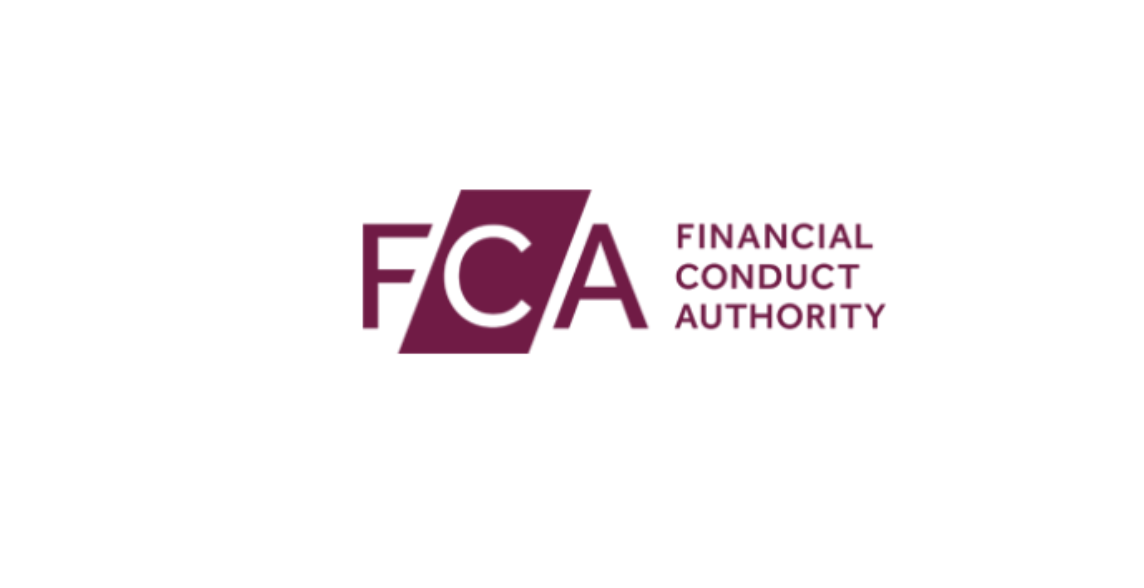2022 in review: 'Crypto winter' rocks market
CryptoQuant, which tracks data from most major exchanges explains Bitcoin is the world's first virtual asset created by Nakamoto Satoshi in January 2009 and has a structure that does not have a central manager to issue or manage any of its currency.
The latest crypto business to topple is FTX, which experienced a crisis in late 2022, leading to a collapse in its native cryptocurrency and the arrest in the Bahamas of its founder Sam Bankman-Fried.
According to Bloomberg, FTX was widely perceived as among the most dependable names in the sector and has sparked fresh concerns over the loosely-regulated nature of crypto companies and what guardrails are in place to safely oversee clients' assets.
Other crypto businesses that have come undone this year, include hedge fund Three Arrows Capital, crypto lender Celsius Network and broker Voyager Digital.
The current string of bankruptcies rattling the crypto world has now been dubbed the crypto winter by investors. And while it’s not the first time it’s happened - (a similar event occurred between 2017 and 2018), this time it’s expected to be worse because of the driving force of inflation.
The FMA says cryptocurrency market volatility "is entirely distinct from the volatility we have seen with regulated share markets and managed funds".
How Kiwi crypto investors might be affected
An FMA spokesperson told 1News the extreme volatility of cryptocurrencies "has been a consistent feature of this speculative asset and we have consistently told investors that these are high-risk and volatile products, with few protections (typically little to no protections for New Zealanders who trade with offshore service providers) compared to traditional investments, such as managed funds and shares".
Data from a 2022 FMA survey indicates 10% of the New Zealand population have investments in cryptocurrencies, with Māori significantly more likely to have invested - (18%, vs. 10% overall).
Last year’s survey revealed crypto was the fourth most popular investment type, behind shares in individual companies (92%), exchange-traded funds (69%) and managed funds (56%). Of those surveyed 27.5% said they held cryptocurrencies and 6% said they intend to invest in cryptocurrency in the next 12 months, lifting the proportion to 33.5%.
“FOMO is still a driver. Almost one-third of investors said they’d jumped into an investment in the last two years because they didn’t want to miss out. And, 14% of investors are looking for a ‘moon shot”, indicating they are okay with risking a lot of money if there is a big reward,” an FMA spokesperson told 1News.
10% of the New Zealand population have investments in cryptocurrencies. (Source: Supplied)
One of the biggest issues with investing in crypto is it's not regulated in New Zealand. “They’re high risk and highly volatile – the price can go up and down very quickly,” he said.
The FMA warns against sinking an investment portfolio into crypto if it’s going to get in the way of other financial priorities.
“Only invest what you can afford to lose and use New Zealand-based platforms to give yourself some level of protection.”
The FMA says many overseas cryptocurrency exchanges are also unregulated and operate exclusively online – with no connection to New Zealand. This makes it hard to find out who is offering, exchanging, buying or selling it. It also makes it unlikely you’ll recover your money if things do go wrong.
“Cryptocurrencies, crypto trading platforms and the people that use them are often the targets of hacking, online fraud and scams.
“Scammers will try to align their pitch with whatever is a ‘hot’ investment, so crypto is now often used as the bait. The FMA commonly sees crypto used as the supposed investment in scams.”
The FMA says New Zealand based trading platforms must be registered on the financial service providers register (FSPR) and belong to a dispute resolution scheme.
Earlier this year, when asked how a complete crash of Bitcoin and other cryptocurrencies would affect the wider economy, business commentator Rebecca Stevenson told Q+A: “When we have that situation where now we have real concerns about this unregulated asset sort of tipping over and affecting other things that we do have control over, we’re going to see regulation.
“It has grown like topsy and we are now seeing that it’s become so big that it could potentially affect other asset classes, which is a big concern."
The FMA says the Government is still considering the regulation of the cryptocurrency market.























































First, please LoginComment After ~